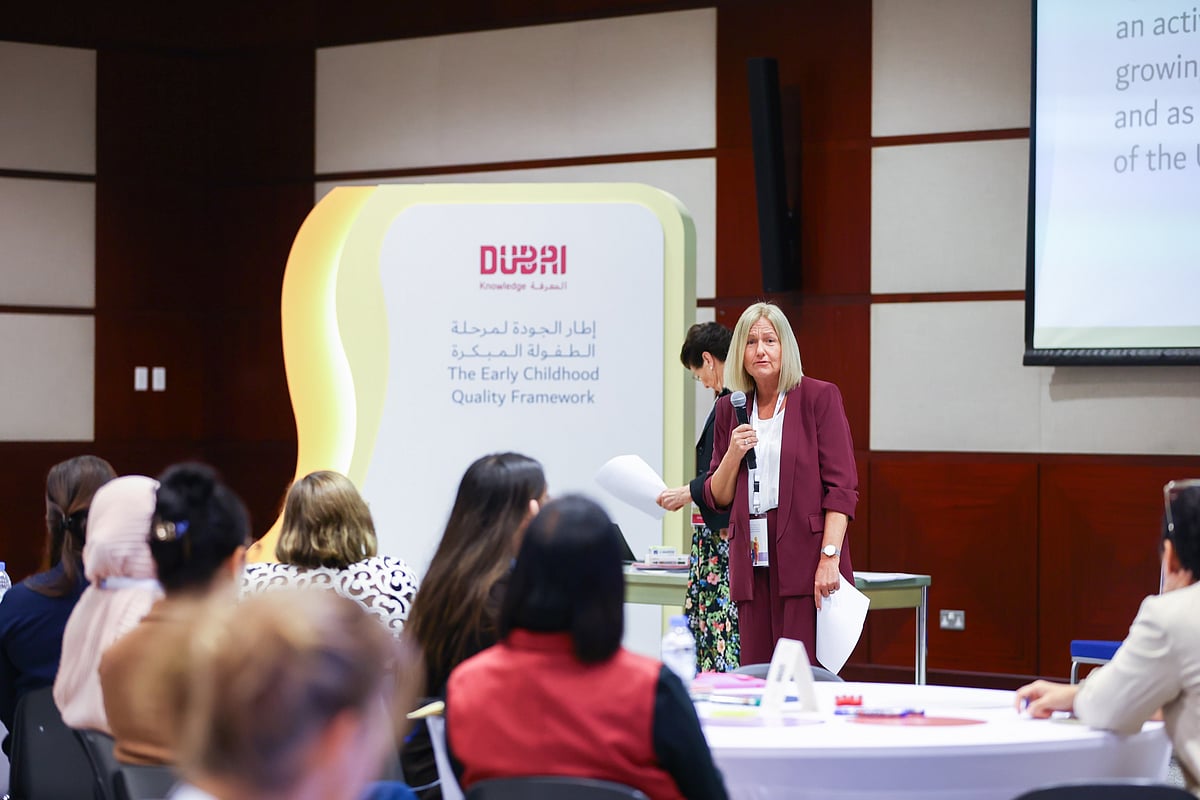Dubai’s Knowledge and Human Development Authority (KHDA) has unveiled a wide-ranging Quality Framework for Early Childhood Care and Education (ECCE), introducing precise benchmarks intended to lift standards across nurseries, preschools, and school early years departments. More than 400 educational leaders, teachers, and institutional managers gathered for the announcement. The framework emerges as a central pillar within Dubai’s Education 33 Strategy and the Dubai Social Agenda, highlighting the emirate’s sustained drive for an education system that aspires to the highest standards right from a child’s earliest learning experiences.
Structured to provide a unified reference for ECCE quality, the framework weaves together global best practices with Dubai’s cultural context and local values. At the core sits the concept of the ‘Dubai Child’: “A global child living a local life – an active, capable, curious, happy, and inquiring learner, growing in identity, language, and culture, and contributing to the rich tapestry of the UAE as a whole.”
Aisha Miran, Director General of KHDA, remarked, “The foundation of every great education system begins in the early years.” She highlighted that the framework will reinforce E33’s objectives, delivering inclusive, confidence-building education for all Dubai’s learners. “This new quality framework ensures that all children in Dubai have access to learning environments that nurture curiosity, wellbeing, and a lifelong love of learning. By setting shared expectations and high standards from the start, we are supporting the E33 strategy and the emirate’s broader social development agenda. Every child deserves to begin their learning journey in a place that inspires confidence, inclusion, and joy.”
Five principal domains structure the framework: learning and curriculum; partnership with families; learning environment; health and safeguarding; and system leadership. Each domain clarifies what is expected, encourages cooperation with families and local communities, supports safe and inclusive spaces, and strengthens sector leadership. Fatma Belrehif, CEO of the Quality Assurance and Compliance Agency, described the launch as “the first step in establishing a robust and transparent quality assurance system for early childhood education in Dubai. It provides a clear, evidence-based structure that will guide all settings and give parents confidence that their children are receiving the highest standards of care and education from the very beginning of their learning journey.”
Early childhood centres, schools, and their educators are invited to use the framework as a tool for reviewing practice and setting out future improvements. The KHDA’s intent is continuous advancement, expanding inclusion, and maintaining high expectations throughout early childhood environments—consistent with Dubai’s ambitions in talent development, innovation, and overall quality of life.
Network Links
GN StoreDownload our app
© Al Nisr Publishing LLC 2026. All rights reserved.
